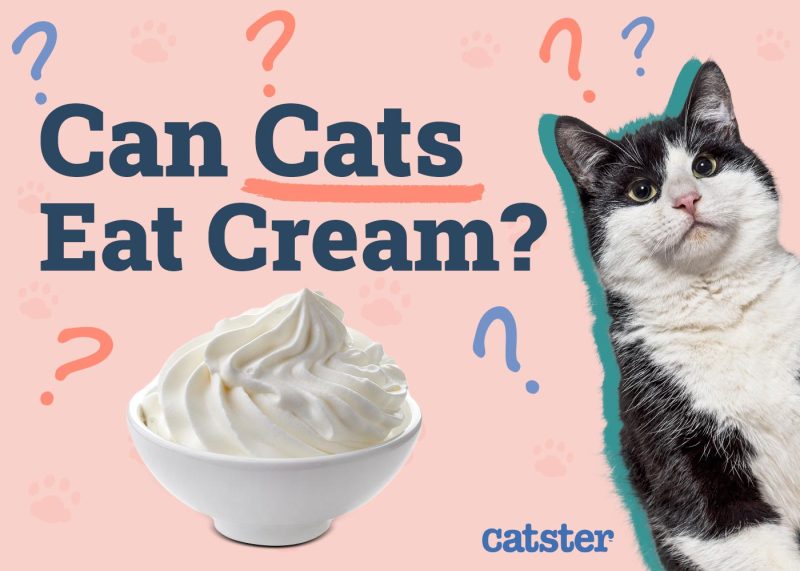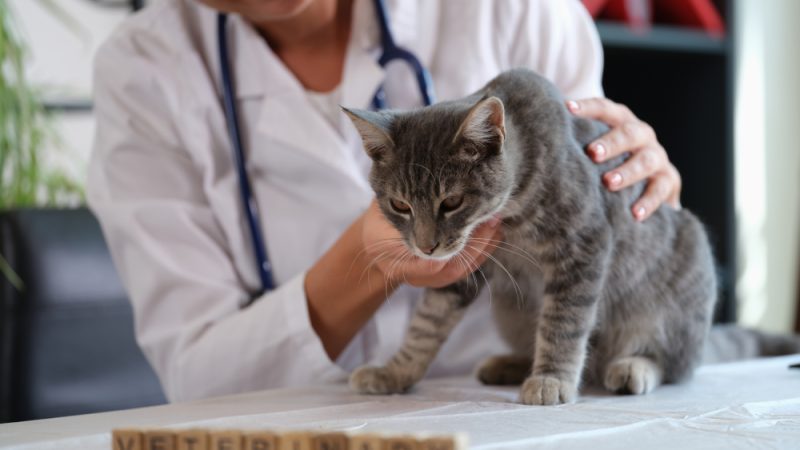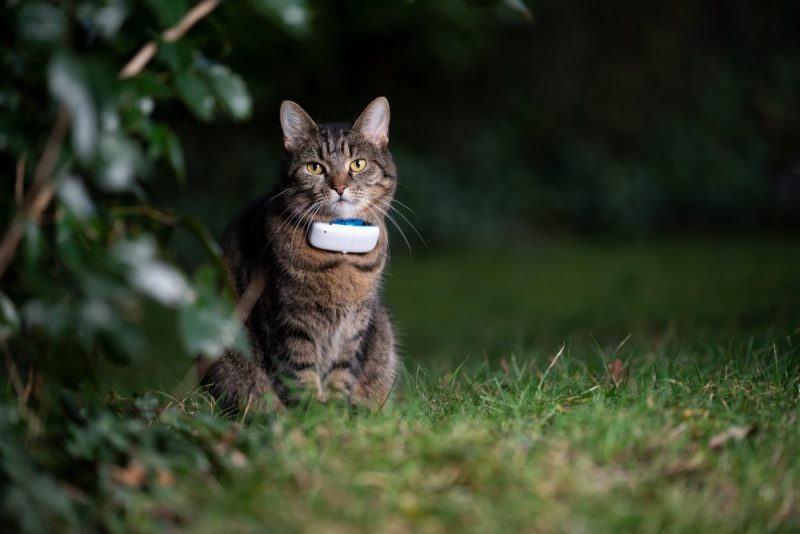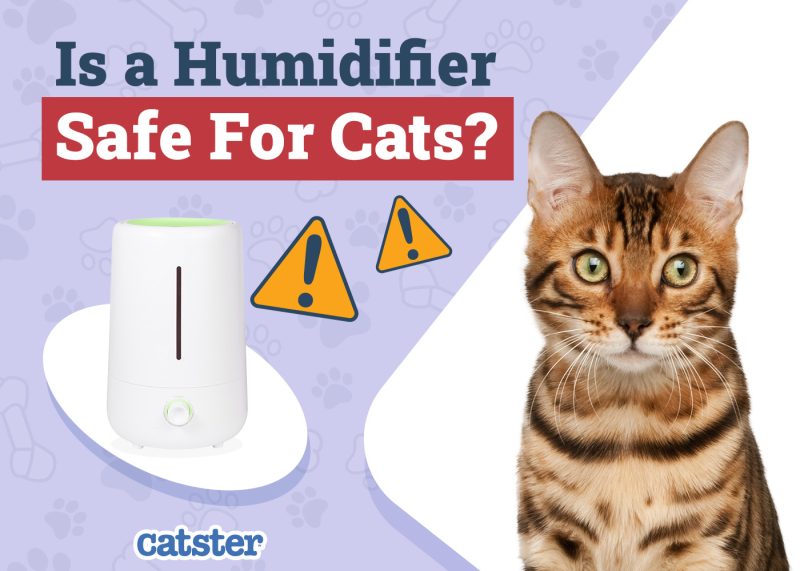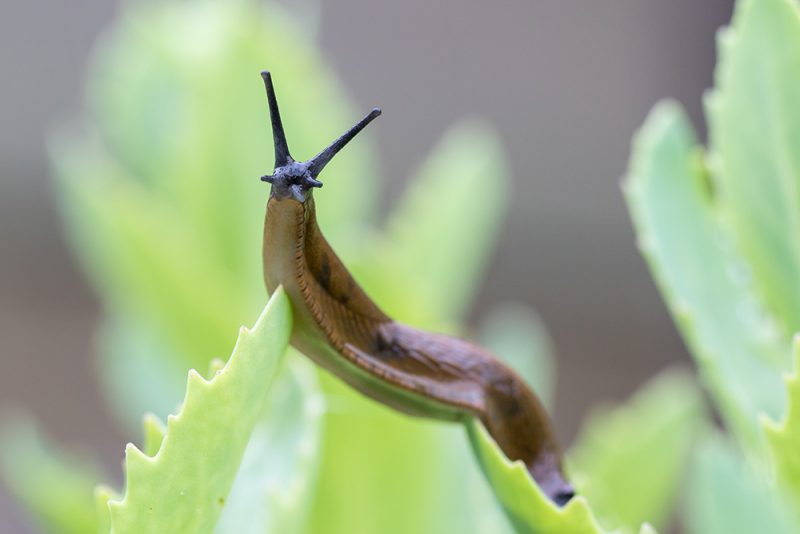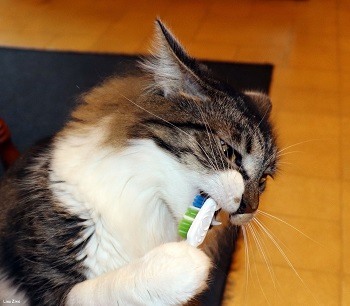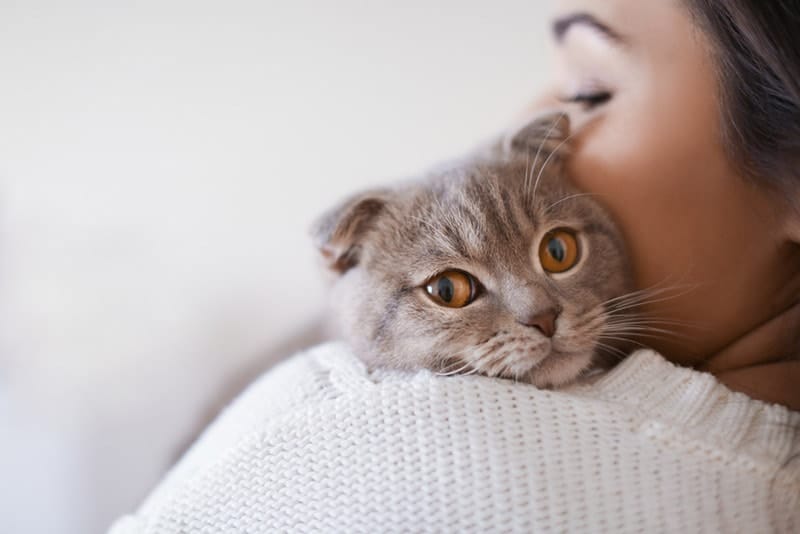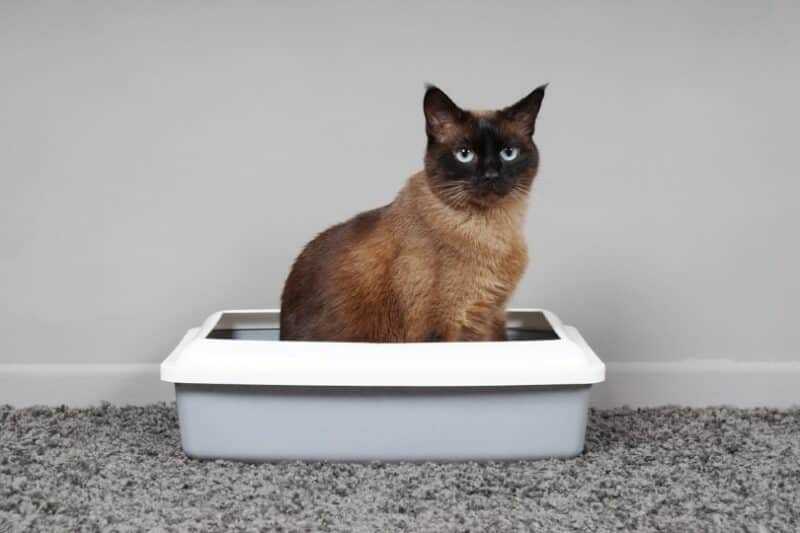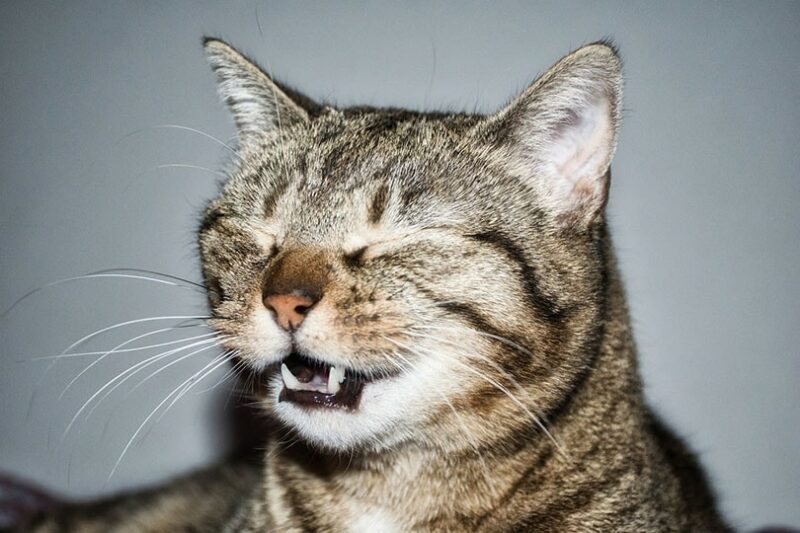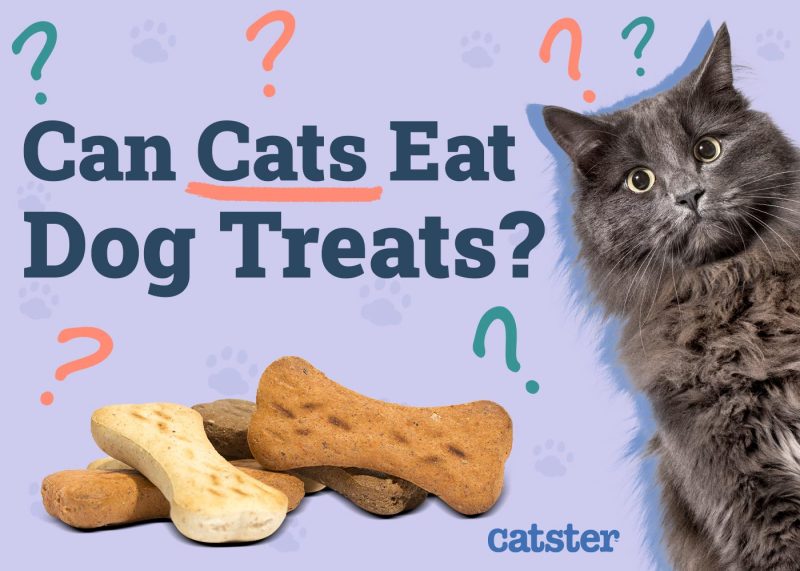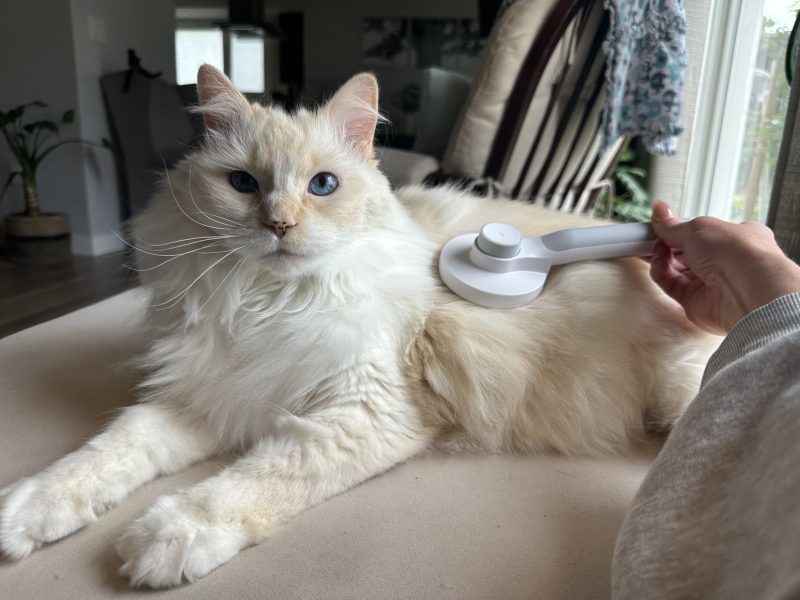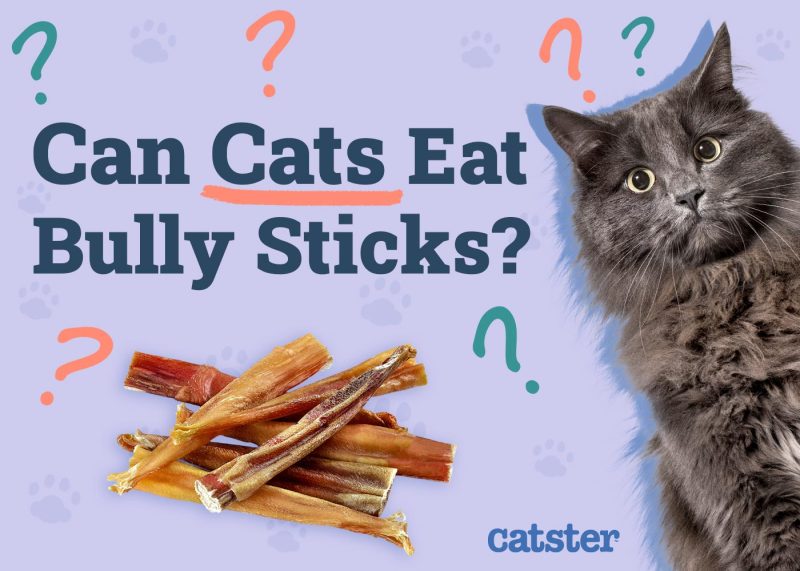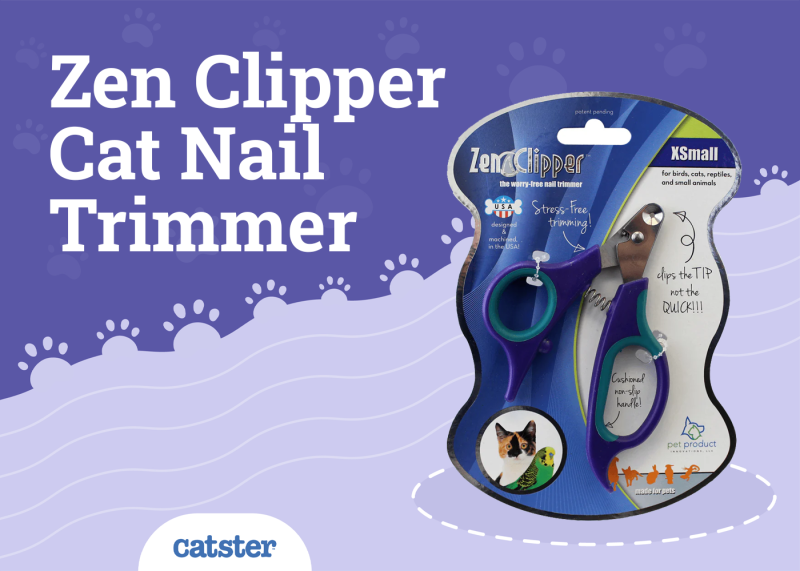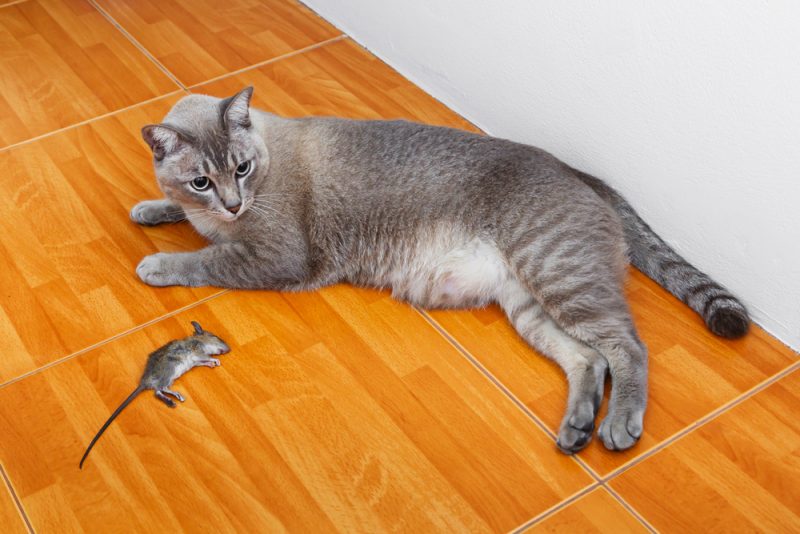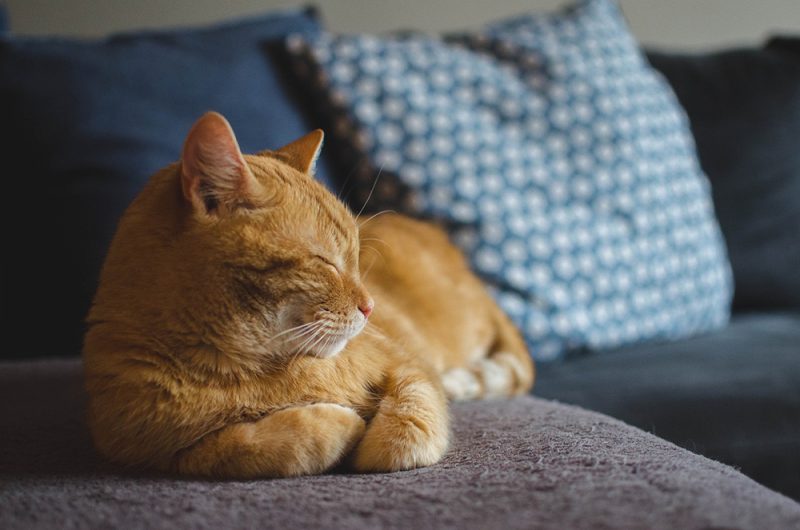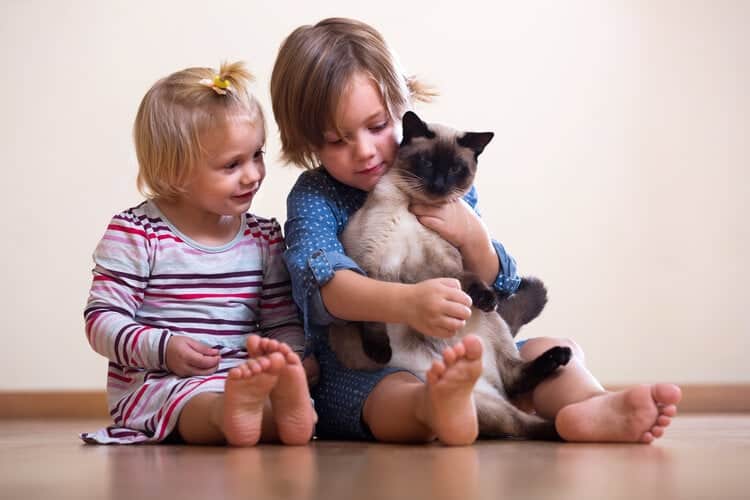In this article
View 3 More +Everyone knows the one about the cat that got the cream, but have you ever wondered if cats actually can, or should, eat cream? You might be surprised to learn that although cats would certainly love to devour a saucer of cream, it’s not actually good for them, and can even cause disastrous gastric symptoms. You see, cats are lactose intolerant and can’t digest cream or other dairy products. That means butter, milk, most cheeses, and just about anything that contains lactose, is not good for a feline. A little bit here and there won’t have drastic effects, but they shouldn’t eat it regularly.
If you’re interested in learning more about can cats eat cream and why cream is unhealthy for cats, what happens when they eat it, and some other foods to keep away from your cat, you’re in the right place. Stay tuned as we elaborate on those topics and more down below.

Why Is Cream Unhealthy for Cats?
Cream isn’t toxic for your cats, but it is loaded with fat and lactose. Once a cat is weaned, they lose the necessary digestive enzyme to properly break down lactose. While a small amount can seem like a treat, it can actually cause really distressing symptoms, including stomach pain, diarrhea, bloating, and vomiting
The ability to tolerate dairy varies from cat to cat. Some cats can enjoy a small amount of milk or cream with few apparent ill effects, while the slightest taste can cause an upset stomach and diarrhea for others. Essentially, there’s not really any reason to feed your cat dairy considering the potential negative effects.
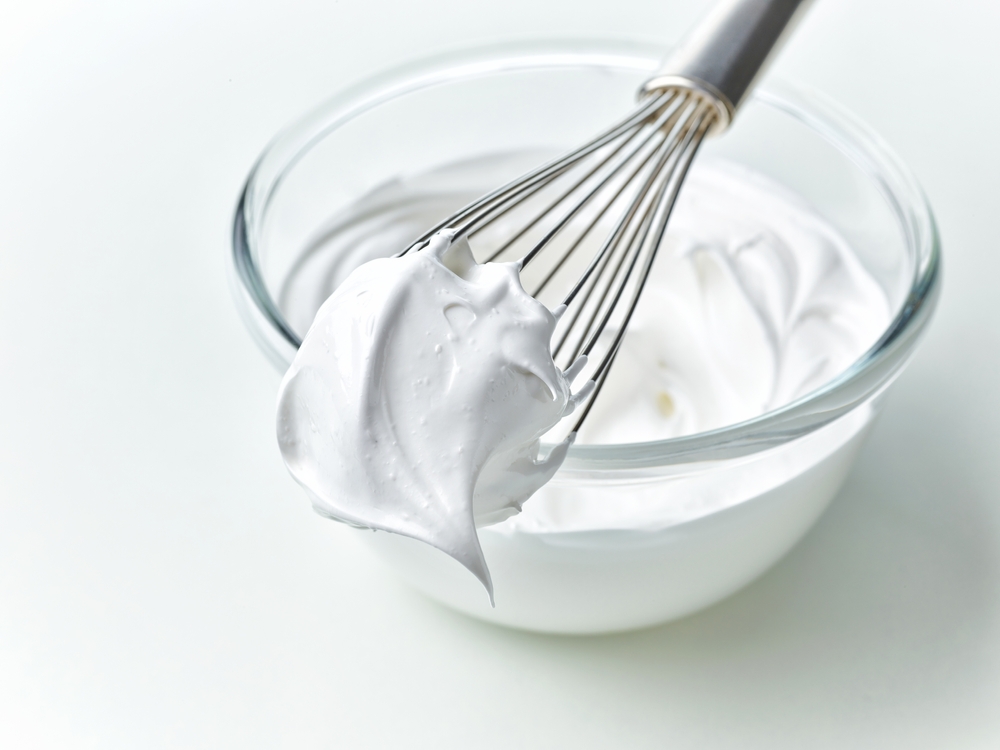
What Other Foods Aren’t Good for Cats?
Cream isn’t strictly toxic to cats, but it is unhealthy. While you’re pondering foods cats can’t eat, it’s important to cover other unhealthy and even toxic foods you should keep away from your cat at all costs. To help you in that endeavor, we’ve compiled some of the biggest no-nos below.
- Chocolate: Chocolate contains theobromine, an alkaloid that causes rapid heartbeat, dehydration, and potentially death in cats that eat enough.
- Alliums: Including garlic, onion, and chive. This group of veggies can cause damage to the red blood cells of cats, causing anemia and potentially worse signs.
- Grapes: Even a small serving of grapes can cause kidney damage and failure in cats, from mild to even fatal.
- Long-lived fish: Predatory fish with long lives typically contain higher levels of mercury and other heavy metals because of water contamination—tuna, salmon, and swordfish, to name a few.
What Do Cats Eat?
Cats are obligate carnivores, meaning their body’s biology is hardwired to need animal-based protein to grow and survive. To be more specific, your cat needs lots of protein, alongside some fat, and minimal carbohydrates. Unlike us and dogs, cats have no specific need for carbs like grain, and it can contribute to excessive weight gain and obesity. For instance, cats that eat dog food get less protein and more carbs, which isn’t ideal for their health, and can lead to deficiencies in the essential amino acid, taurine.
- Lean meat: Low-fat meats like lamb and chicken offer a ton of protein with a moderate fat content. Avoid super-fatty pork & turkey and sodium-packed cold cuts.
- Fish: Opt for fresh, oily fish like mackerel and tuna, which have plenty of protein and omega-3 fatty acids, but keep away from canned and processed fish products not cooked with cats’ dietary needs in mind. Avoid a diet consisting solely or predominantly of fish, however, as this may predispose them to developing hyperthyroidism.
- Vegetables: Most cats can benefit from the fiber in some vegetables. Boiled or steamed pumpkin tops the list here, many cats enjoy the taste, and it is particularly good at improving stool consistency. However, cats don’t need vegetables, so this is only something to add if you feel your kitty needs a little help in the poop department!
Fiber is also an important component of the domestic feline diet, which is why many commercial cat foods will contain some form of carbohydrates. In the wild, cats don’t really need added fiber; the bones, skin and other bits and pieces of their prey help to keep their stools formed and their intestinal tract clear and healthy. Our pet cats eat little to no prey, so they will often need a little added help in this department to avoid problems like loose feces or constipation. Consult a veterinarian to get advice on the perfect diet composition for your cat.
Need veterinary advice but can't get to the clinic? Catster recommends PangoVet, our online veterinary service. Talk to a vet online and get the answers and advice you need for your cat without having to leave your living room — all at an affordable price!

Treat Tips for Cats
Cats may not be able to eat cream as a regular part of their diet, but that doesn’t mean you can’t treat your kitty with some other delicious foods. The best treats for cats keep their dietary needs in mind while offering a delicious taste they’ll go crazy for. Check out a few treat ideas below so you can start spoiling your cat ASAP.
- Catnip: From toys to treats, nearly every cat loves the addictively calming scent of catnip.
- Freeze-dried meat treats: High in protein and low in other stuff cats don’t need, meaty treats are a must-have for any cat owner.
- Dental treats: Cat dental treats give your cat something tasty to gnaw on, keeping their teeth healthy by scraping off plaque and tartar buildup.
- Broth: Plain chicken stock made by boiling chicken or other meats, every cat loves the meaty taste of broth and it’s excellent for hydration too.

Conclusion
While many cats can nip a taste of cream without consequences, most suffer very unpleasant stomach upset and diarrhea from eating any type of dairy. Instead of cream, take a look at meaty treats, catnip treats, or fibrous veggies to add variety to your cat’s diet.
Related Reads:
Featured Image Credit: ponce_photography, Pixabay
